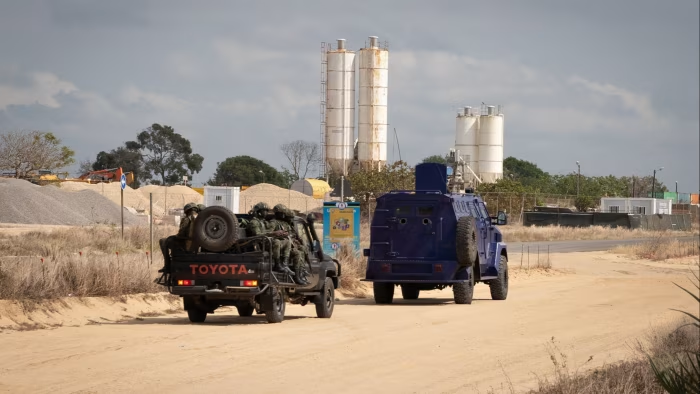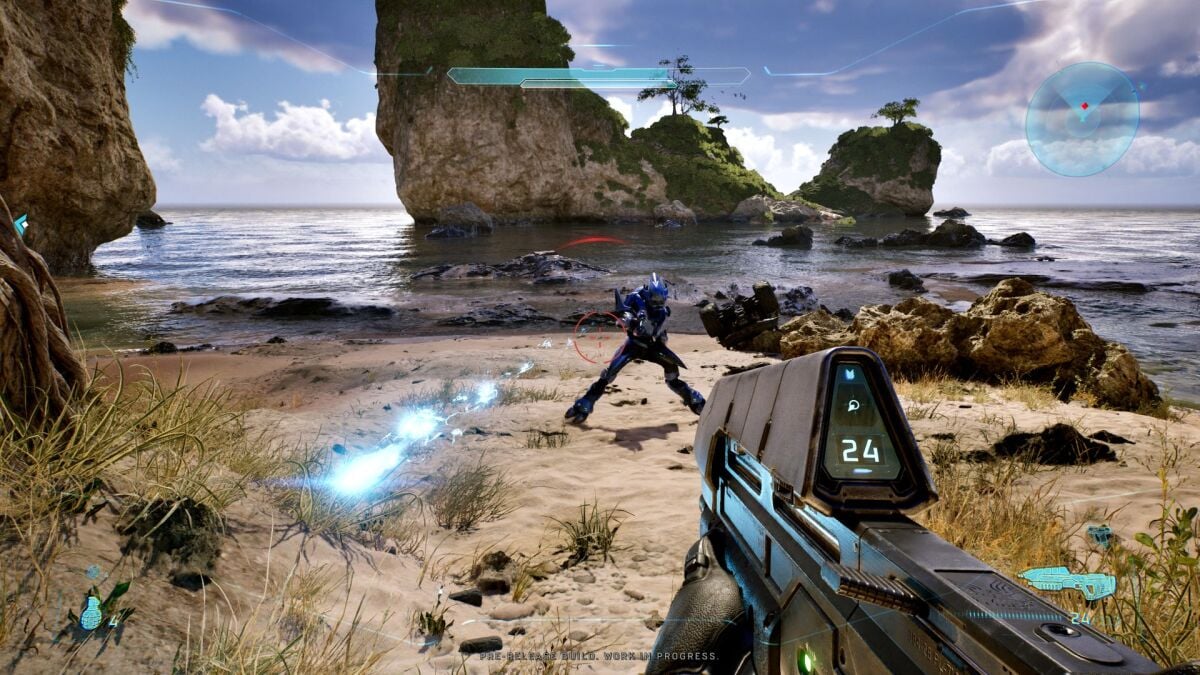Unlock the Editor’s Digest for free
Roula Khalaf, Editor of the FT, selects her favourite stories in this weekly newsletter.
TotalEnergies is close to restarting one of Africa’s biggest energy projects four years after it was halted by a terrorist attack, with the French group and its partners judging that it is safe to proceed.
The $20bn plan for a liquefied natural gas project in Mozambique has been on hold since 2021 when a deadly attack by Islamist militants in the Cabo Delgado province where the project is located prompted TotalEnergies to activate a contractual get-out, known as force majeure.
On Saturday, Total said that the consortium behind the project had “taken the decision to lift the Force Majeure” and that it had informed the Mozambican government.
The decision is a key step towards resuming a project that has been touted as potentially transformative for Mozambique’s economy. Also backed by Japanese energy company Mitsui, the project will have a maximum capacity of up to 43mn tons of LNG per year.
Mozambique’s government must approve updates to the budget for the project, known as MozambiqueLNG, before it is relaunched, Total added.
MozambiqueLNG has been backed with loans from countries including the US government and is strategically important project for Total, as it seeks to increase its production of LNG.
Following the 2021 attack, Mozambique’s military collaborated with Rwandan forces to restore order to the province, including protecting the Afungi Peninsula where the Total-led project and a $30bn development led by US oil company ExxonMobil are based.
Lifting of force majeure is a positive development for Exxon’s planned project. Last month the company’s chief executive Darren Woods sought reassurances from Mozambican president Daniel Chapo about security of the region.
TotalEnergies move to lift force majeure is a signal that concerns over the safety of employees and the security of the project have eased.
Despite the potential economic benefits of MozambiqueLNG, it has been dogged by controversy, including allegations of human rights abuses by Mozambican soldiers protecting the project.
This year, the FT reported that the UK government was seeking legal advice over how to pull out of its $1.15bn backing for the project, while it has also commissioned a human rights review of the development.






